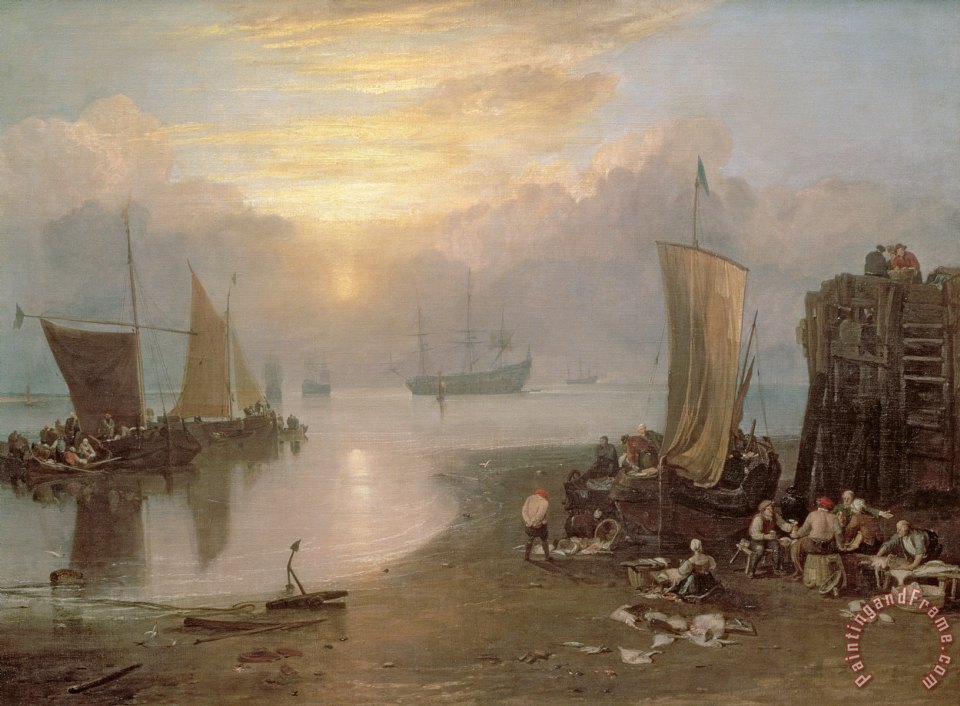Press TV July 18, 2023
Pentagon says it plans to send additional fighter
jets and naval assets to the Persian Gulf region to increase US
military presence in the region, a move that comes against the
backdrop of Irans stern warning.
Addressing a
briefing on Monday, Deputy Pentagon Press Secretary Sabrina
Singh claimed the deployment would be an effort to counter Iran,
citing a number of alarming events in the Strait of Hormuz earlier
this month.
On July 10, an Islamic Revolution Guard Corps (IRGC) commander
announced that the US made unprofessional and risky attempts to
impede the seizure of a foreign oil tanker smuggling Iranian fuel
in the Persian Gulf last week, but the IRGC successfully
confiscated the vessel.
According to IRGCs Rear Admiral Ramazan Zir-Rahi, the vessel
carrying contraband fuel had arranged military backing from US
military forces in the area but was still seized by Irans naval
forces.
He further elaborated that the US Navy attempted to intervene as
IRGC naval forces moved in to intercept the oil tanker involved in
smuggling one million liters of Iranian oil and gas.
Singh, however, alleged that Iran is conducting destabilizing
activities that threaten the free flow of commerce through the
strategic Strait of Hormuz of which the world depends on for more
than one-fifth of the worlds oil supply.
The Secretary of Defense has ordered the deployment of the
destroyer USS Thomas Hudner, F-35 fighters and F-16 fighters to
defend US interests and safeguard freedom of navigation in the
region, she told reporters.
She did not give details about the date the fighter jets and
guided-missile destroyer would be sent to the region, or how long
the new deployment would last but emphasized that the move would
help to monitor and secure vital waterways.
On Friday, an unnamed senior American defense official also said
the US will send F-16 fighter jets to the Persian Gulf region this
weekend in a bid to protect ships from Iranian seizures.
The official claimed that the F-16s will give air cover to the
ships moving through the strategic Strait of Hormuz and increase
the US militarys visibility in the area, the Associated Press
reported.
Iran says it views US military vessels lurking in the waters of
the Persian Gulf as a threat to its security and a source of
tensions and instability in the region.
On Monday, Irans Foreign Ministry spokesman Nasser Kanani warned
the United States to refrain from any provocative moves in the
region, especially close to the countrys borders.
The spokesman further said that Tehran reserves the right to
take deterrent measures under international law.
Iran monitors with...



 'These
girls are worried about their selfie and not listening to the
song,' Lambert said as she stopped the show.
'These
girls are worried about their selfie and not listening to the
song,' Lambert said as she stopped the show.